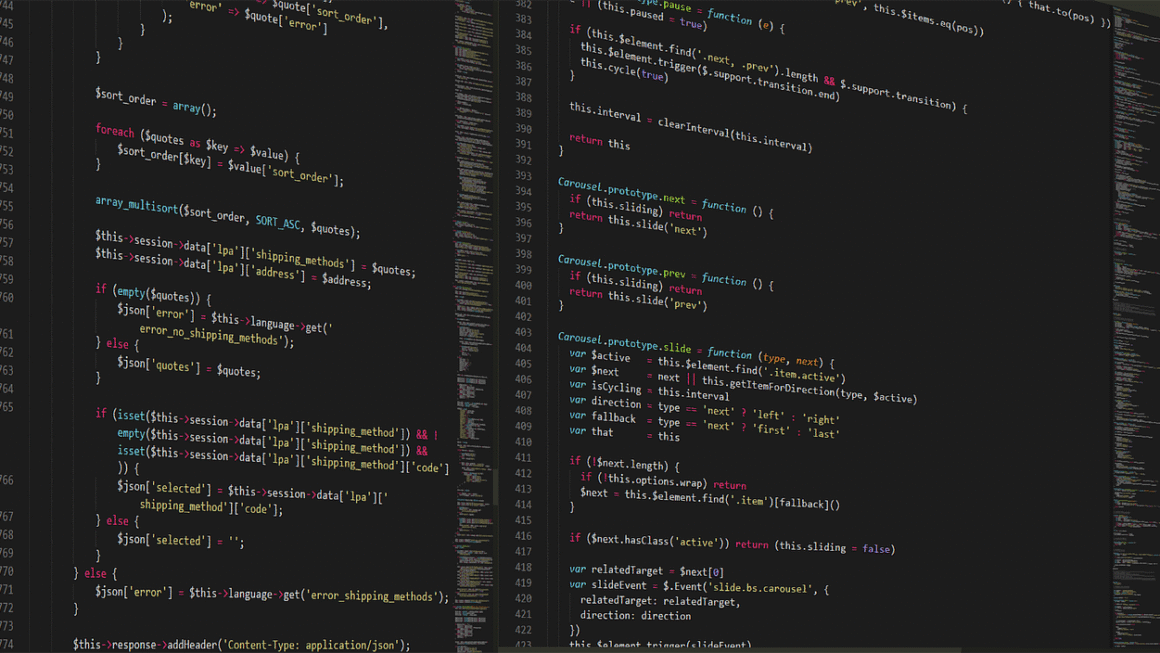Imagine a future where drug discovery is accelerated tenfold, unbreakable encryption secures your data, and complex financial models become crystal clear. This isn’t science fiction; it’s the potential of quantum computing, a revolutionary technology poised to reshape industries and redefine what’s computationally possible. This blog post will delve into the fascinating world of quantum computing, explaining its core concepts, potential applications, and the challenges that lie ahead.
Understanding Quantum Computing
What is Quantum Computing?
Quantum computing leverages the principles of quantum mechanics to solve complex problems that are intractable for classical computers. Unlike classical computers that use bits representing 0 or 1, quantum computers use qubits. Qubits can exist in a superposition, meaning they can be 0, 1, or both simultaneously. This, along with entanglement, allows quantum computers to perform calculations in a fundamentally different way.
- Classical computers use bits (0 or 1)
- Quantum computers use qubits (0, 1, or both simultaneously)
- Superposition and entanglement are key quantum phenomena
Qubits, Superposition, and Entanglement
The magic behind quantum computing lies in these quantum phenomena:
- Superposition: A qubit can represent 0, 1, or any combination of both until measured. Imagine a coin spinning in the air – it’s neither heads nor tails until it lands.
- Entanglement: When two or more qubits are entangled, they become linked. The state of one qubit instantly influences the state of the others, regardless of the distance separating them. Einstein famously called this “spooky action at a distance.”
- Quantum Interference: Qubits can interfere with each other, similar to waves. Quantum algorithms manipulate these interferences to amplify the probability of the correct solution and suppress incorrect ones.
These properties enable quantum computers to perform calculations in parallel, exploring a vast number of possibilities simultaneously. This is what gives them the potential to solve problems that are currently impossible for even the most powerful supercomputers.
Differences Between Quantum and Classical Computing
While both quantum and classical computers process information, their approach is fundamentally different.
- Classical computers: Excellent for tasks requiring precision and well-defined logic, such as word processing, database management, and running operating systems.
- Quantum computers: Designed for complex optimization, simulation, and pattern recognition problems that are intractable for classical computers. These include:
Factoring large numbers
Simulating molecular interactions
Optimizing complex logistics problems
It’s important to note that quantum computers are not intended to replace classical computers. They are specialized tools designed to tackle specific types of problems. Think of it like this: a classical computer is like a Swiss Army knife – versatile and useful for many everyday tasks. A quantum computer is like a laser scalpel – highly specialized and powerful for very specific procedures.
Potential Applications of Quantum Computing
Drug Discovery and Materials Science
Quantum computers have the potential to revolutionize drug discovery by simulating molecular interactions with unprecedented accuracy. This can drastically reduce the time and cost associated with developing new drugs and materials.
- Example: Simulating the folding of proteins to understand disease mechanisms and design targeted therapies. Classical computers struggle with this due to the sheer complexity of protein structures.
- Benefits:
Faster identification of potential drug candidates
Reduced need for expensive and time-consuming lab experiments
Development of new materials with specific properties (e.g., superconductivity)
Financial Modeling and Risk Management
The financial industry can benefit immensely from quantum computing’s ability to solve complex optimization problems.
- Example: Optimizing investment portfolios by analyzing vast amounts of market data and identifying patterns that classical computers miss.
- Benefits:
Improved risk assessment and management
More accurate pricing of financial derivatives
Enhanced fraud detection and prevention
Optimization and Logistics
Many real-world problems, such as optimizing supply chains and routing logistics, can be tackled more efficiently with quantum algorithms.
- Example: Optimizing delivery routes for a fleet of vehicles, taking into account factors like traffic congestion, delivery time windows, and vehicle capacity. This is a computationally intensive problem that quantum computers can solve much faster than classical computers.
- Benefits:
Reduced costs and improved efficiency
Optimized resource allocation
Faster and more reliable delivery times
Cybersecurity and Cryptography
While quantum computers pose a threat to current encryption methods, they also offer the potential for developing new, quantum-resistant cryptographic techniques.
- Challenge: Quantum computers can break widely used encryption algorithms like RSA, which relies on the difficulty of factoring large numbers.
- Solution: Quantum cryptography (e.g., Quantum Key Distribution – QKD) offers inherently secure communication by leveraging the laws of quantum physics to detect eavesdropping.
- Benefits:
Secure communication channels that are resistant to hacking
Protection of sensitive data in the quantum era
Challenges and Limitations
Building and Maintaining Qubit Stability
Creating and maintaining stable qubits is a major technical challenge. Qubits are extremely sensitive to environmental noise (e.g., temperature fluctuations, electromagnetic radiation), which can cause them to lose their quantum state (decoherence).
- Challenge: Qubits are fragile and prone to errors.
- Solutions:
Developing error correction techniques to mitigate the effects of decoherence.
Building quantum computers in ultra-cold environments to minimize noise.
Using more robust qubit technologies.
Scalability
Scaling up the number of qubits while maintaining their quality is another significant hurdle. Current quantum computers have a limited number of qubits, and increasing this number is essential for tackling more complex problems.
- Challenge: Building quantum computers with a large number of high-quality qubits.
- Solutions:
Developing new qubit architectures that are more scalable.
Improving manufacturing processes to produce qubits with consistent performance.
Exploring distributed quantum computing, where multiple smaller quantum computers are connected together.
Algorithm Development and Quantum Software
Developing quantum algorithms and software is still in its early stages. Quantum programming requires a different mindset and skillset compared to classical programming.
- Challenge: Developing quantum algorithms and software that can effectively leverage the power of quantum computers.
- Solutions:
Training quantum programmers and developing user-friendly quantum programming languages.
Creating quantum software libraries and tools.
Fostering collaboration between researchers, developers, and industry experts.
The Future of Quantum Computing
Quantum Supremacy and Quantum Advantage
The race is on to achieve “quantum supremacy,” the point at which a quantum computer can perform a specific task that is impossible for even the most powerful classical computer. While some have claimed to achieve quantum supremacy, the debate continues.
- Quantum Supremacy: Demonstrating that a quantum computer can solve a specific problem faster than the best classical computer.
- Quantum Advantage: The point where quantum computers consistently outperform classical computers on real-world, practical problems.
The focus is now shifting towards achieving “quantum advantage,” where quantum computers provide a tangible benefit over classical computers in solving real-world problems.
Quantum Computing as a Service (QCaaS)
Quantum Computing as a Service (QCaaS) platforms are making quantum computing more accessible to researchers and businesses. These platforms provide access to quantum hardware and software through the cloud, allowing users to experiment with quantum algorithms without having to invest in their own quantum computers.
- Benefits:
Lower barrier to entry for quantum computing research and development.
Access to cutting-edge quantum hardware.
Pay-as-you-go pricing model.
Companies like IBM, Google, and Amazon are offering QCaaS platforms, making quantum computing more readily available to a wider audience.
The Long-Term Impact
Quantum computing has the potential to transform numerous industries and reshape our world in profound ways. While the technology is still in its early stages, the progress being made is remarkable. In the coming years, we can expect to see continued advancements in qubit technology, algorithm development, and the accessibility of quantum computing resources. This will pave the way for groundbreaking discoveries and innovations that were previously unimaginable.
Conclusion
Quantum computing is a transformative technology with the potential to revolutionize numerous fields, from medicine and finance to materials science and cybersecurity. While significant challenges remain, the rapid pace of development suggests that quantum computers will play an increasingly important role in our future. Staying informed about the latest advances in quantum computing is crucial for businesses, researchers, and anyone interested in shaping the future of technology. As quantum computers become more powerful and accessible, they will unlock new possibilities and drive innovation across a wide range of industries. The quantum revolution is on the horizon, and its impact promises to be profound.




